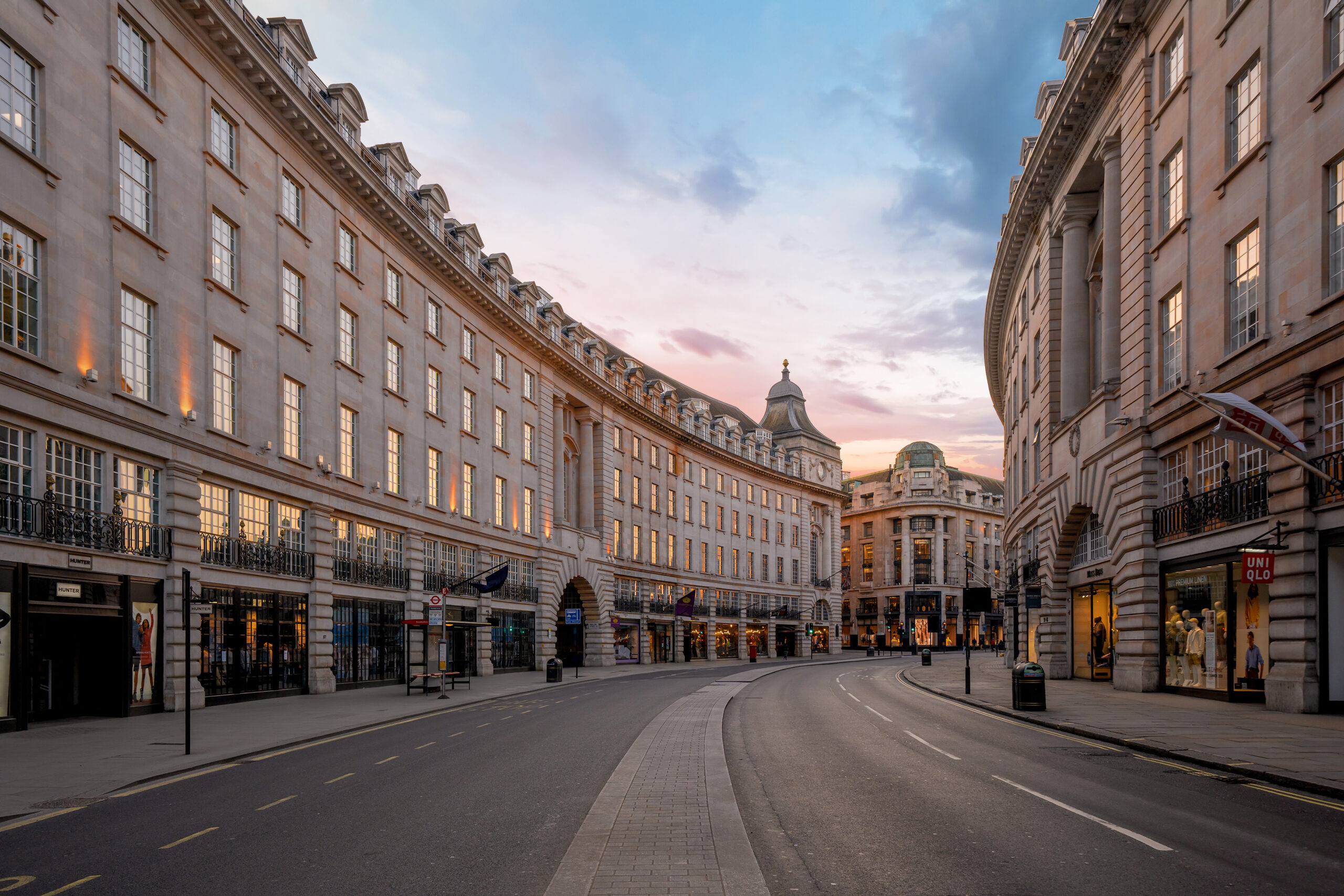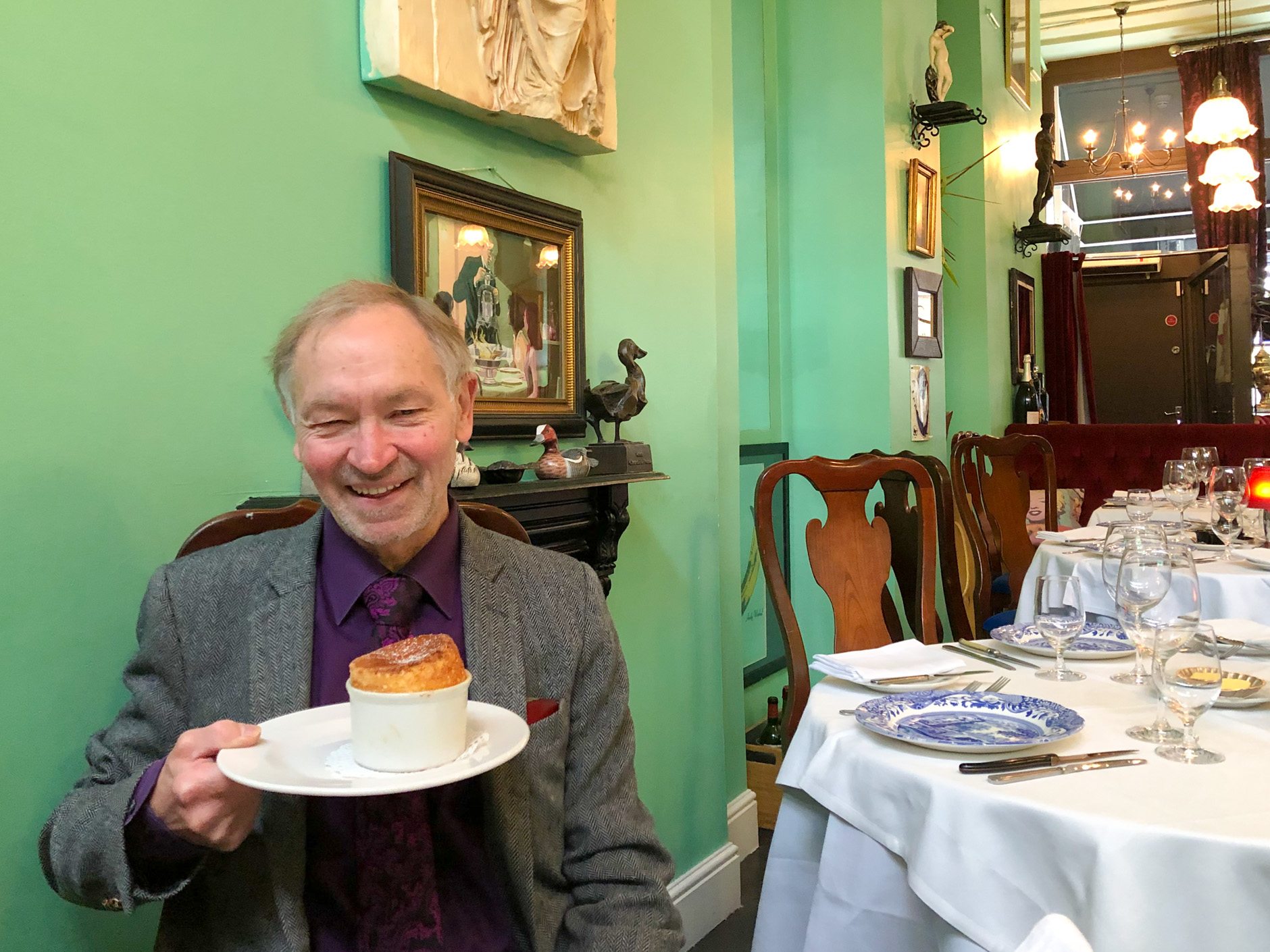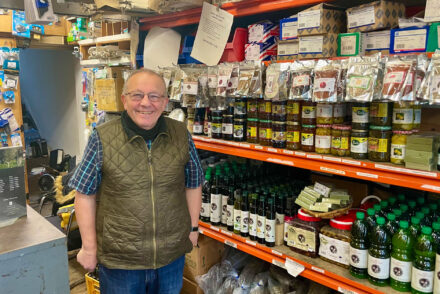People are not very fond of their elected officials enjoying themselves. No matter how many millions of dollars we are willing to pay them to stave off corruption and supposed incompetence, any attempt that these politicians make to spend their money is somehow frowned upon. This means they are coerced into spending all their cash in private. Instead of taking the centre table at The Wolseley, perhaps they have caviar and blinis for breakfast in bed, which they wash down joylessly with a glass of Dom Perignon 1985. Perhaps after locking in this year’s en primeur orders and washing their face in a gold-plated basin, they finally put on their polyester shirts, slip-on shoes and twelve-dollar digital watches, ready to face the angry masses.
On a normal day, this state of affairs is almost acceptable. We love seeing our elite try their best to pretend to be us. So we let them go about their private lives, simultaneously believing that foie gras is an acceptable sandwich ingredient while an ill-fitting suit is a sign of humility. By keeping up the façade of normality, we’ve made our leaders forget what it really means to be one of the people. And since actions all have unforeseen consequences, this social compact has come back to bite us amidst this pandemic. As the case numbers swell again, politicians are all falling over each other to implement more restrictions. Already, at the time of writing, France, Germany and Belgium have implemented new lockdowns with the UK to follow. While the health policy imperatives for these regulations are undeniably important, the minutiae of these policies are always discretionary and arbitrary, quite often to the point of absurdity. In England for example, forbidding interactions between households indoors while simultaneously imposing a curfew on bars and restaurants after 10pm is certainly a puzzling decision. France has done one better and imposed a 9pm to 6am curfew, affecting cities like Paris and towns like Nuits-Saint-Georges alike. At some point earlier in the year, Hong Kong banned restaurants from serving dinner, but somehow breakfast and lunch were unaffected. With nobody knowing what to do to stem the tide of the virus, governments are resorting to stringent, even punitive measures just to calm the public and reassure them that they are doing something. Like the ban on bottled water in airports after 9/11, health policy has become theatre.
As such, people around the world are up in arms. When governments declare all-out war on the virus by making people stay two metres apart from each other or not drink during lunch (as Nicola Sturgeon has done in Scotland), they inadvertently strangle the restaurants, bars and cafes in the city centre that make living in a big city worth the hassle. Businesses that have survived the spring lockdowns now find themselves out of customers and this time, out of state support too. Many of the cafes I used to frequent have finally given up and are flogging off their coffee equipment on eBay out of desperation. And those of us who try to keep these places alive by having a meal or a pint have somehow become shamed into feeling guilty about doing what we do. We are “irresponsible” and “reckless”, and are “putting the rest of the community at risk”. Why can’t we do as we are told and shelter at home alone in peace?
cities are a collection of experiences, the random interactions we have with people we would otherwise never meet
Unfortunately, contrary to the beliefs of our leaders, most people in big cities do not have the luxury of living alone in peace. They end up locked in a cramped apartment with family members or flatmates, people from whom they’ve perfected the art of hiding. They, or rather, I, would not be able to put on a Chet Baker record, make myself a bowl of carbonara, and imagine that a mysterious woman would knock on my door in need of help searching for their lost cat. For someone like me, cities are where we go to disappear, and walking down a busy street in a bustling metropolis is the perfect place to fade into the background. For someone like me, cities are a collection of experiences, the random interactions we have with people we would otherwise never meet. For someone like me, cities are home.
Since the industrial revolution, people have given up the comfort and familiarity of rural communities to flock to the metropolis. For good reason – most of the theories in urban studies suggest that cities prosper by virtue of the fact that people are in close proximity to other people. When people congregate, it results in agglomeration effects that decrease transaction costs, create opportunities, and spark innovations. It is why Fleet Street gradually became the home of the press, and Manhattan’s Wall Street the centre of global finance. As cities grow and mature, so do their public spaces; the parks where people jog, bridges that people cross, and even the back alleys where they can buy cocaine become an integral part of life.
However, under pandemic conditions, health authorities have taken the view that cities are fundamental obstacles to the implementation of anti-coronavirus measures. In an ideal state, the best way to break the chain of transmission is for everyone to live on a self-sufficient single-family estate, where one’s only close contacts belong to the same household. Shops, workplaces, and any other place where strangers meet to transact in goods and services are seen only as unnecessary and risky conduits for a scary virus. Therefore, something has to go. It cannot be the virus, which would not bugger off even when asked politely, so it has to be city life. All lockdowns essentially serve the same purpose: make city residents live as if they were in a rural hamlet. It is as unsophisticated as a doctor who treats an ankle fracture by sawing off the patient’s leg. Technically it works, but at what cost?
all lockdowns essentially serve the same purpose: make city residents live as if they were in a rural hamlet. It is as unsophisticated as a doctor who treats an ankle fracture by sawing off the patient’s leg
Like people, health policies simply do not work in isolation. The complex nature of human society means that a lockdown that saves a person’s life by preventing him or her from getting infected by a deadly virus, could kill that person by other means. He or she may die from a car accident after speeding on empty roads, from depression due to the lack of human interaction, or even from starvation if laid off. The best health policy outcome may be devastating for the economy, social cohesion, and mental health. And yet in these dark, troubling times, the voices that stand up for these things have often gone unheard. I accept that when caseloads are high and contact tracing has failed, a national lockdown is the only option available to health authorities. But let us be clear. A lockdown is the nuclear option; it is not something that should be used every few months. Especially in Europe, and the UK in particular, authorities’ inability to understand cities and human behaviour within cities is hurting society in multiple ways – they have squandered the earlier lockdowns to reopen indiscriminately and irresponsibly, they have failed to channel enough resources towards contact tracing even when it was easy, and they have failed to adequately quantify the risks associated with daily activities. Unsurprisingly, they are not equipped to deal with a new surge in cases.
So, they revert to type. Restaurants and bars, which exist disproportionately in cities, are often vilified by asinine politicians as hosts of high-risk activities which apparently include eating and drinking. Too much alcohol late at night, and people will be dancing on bar tops coughing irresponsibly into each other’s faces. Before the surge, they and their ilk seemed to think that closing restaurants and banning wine pairings are necessary to impede the virus’s spread. While it is intuitive that smaller group sizes and safe distancing between groups in dining rooms mean you need longer opening hours to serve the same number of people, intuition is not one of the defining qualities common to politicians.
Instead, we were told to embrace the takeaway, to eat in the relative safety of our cramped homes. Out of sheer necessity, many restaurants and bars have converted themselves into off-licenses and drive-throughs, the Ritz ruining their tea and cakes by selling them as if it were a Pret for the well-heeled. In better times, we used to consume only pizza and Chinese food in front of the television, but now anything that can be stuffed into a Styrofoam box and carried by a teenager on a bicycle, from multi-course tasting menus to cocktails, can be ruined in the comfort of your own dining room. In better times, sushi chefs like the famous Jiro Ono will remove the sushi from a guest’s plate should they waste seconds taking a picture of the dish for Instagram, because the perfection of a piece of sushi is transient, and once lost to the elements, cannot be consumed. Today, sushi restaurants have to sell bento boxes just to stay afloat.
be it for business or pleasure, the dining rooms of our metropolises have to reopen
What our esteemed leaders do not seem to understand is that dinner is not just a matter of sustenance. Some of the best experiences of my life have taken place at a table, or in the case of The Waterside Inn, on a boat. I can make rhubarb soufflés at home now, and I can open a bottle of champagne to go with it. But having a soufflé and champagne at home can never compare to the once-in-a-lifetime experience of escaping a dining room full of newly knighted generals to sail down the Thames while having said soufflé. On the boat, I was amazed, mesmerised, and happy. At home, I could only feel bloated.
We can hardly blame the hospitality industry for destroying the institution that is dining out, for they too are the victims of callous policymaking. If our civilisation can survive the winter, I hope for the sake of its continued existence that we accept cities for what they are, as places that exist for people to meet. Be it for business or pleasure, the dining rooms of our metropolises have to reopen. There are so many things we can do to make dining out safe. We can install acrylic screens, make patrons wear masks, establish a contact tracing database and make groups sit further apart. Just to be sure, we can also ban dancing on bar counters and coughing into each other’s faces. But we must resist the temptation to cast restaurants as festering pools of infectious diseases, and accept their essential role of keeping our cities alive.
Every month, while we still can, my friends and I gather in a restaurant run by a chef who cooks up modern interpretations of local dishes probably better than most of the guests deserve. Our friendship is a product of serendipity, something that can only arise from the accidental encounters that one experiences in cities. We each bring wine that we want to share with each other, and we bring our own Zalto glasses for posterity. We have a private conversation in a public space. And for that three hours at the end of a weekday once every month, I feel I am most alive.
Photo licensed by Adobe. This article was last updated on 1st November 2020.






